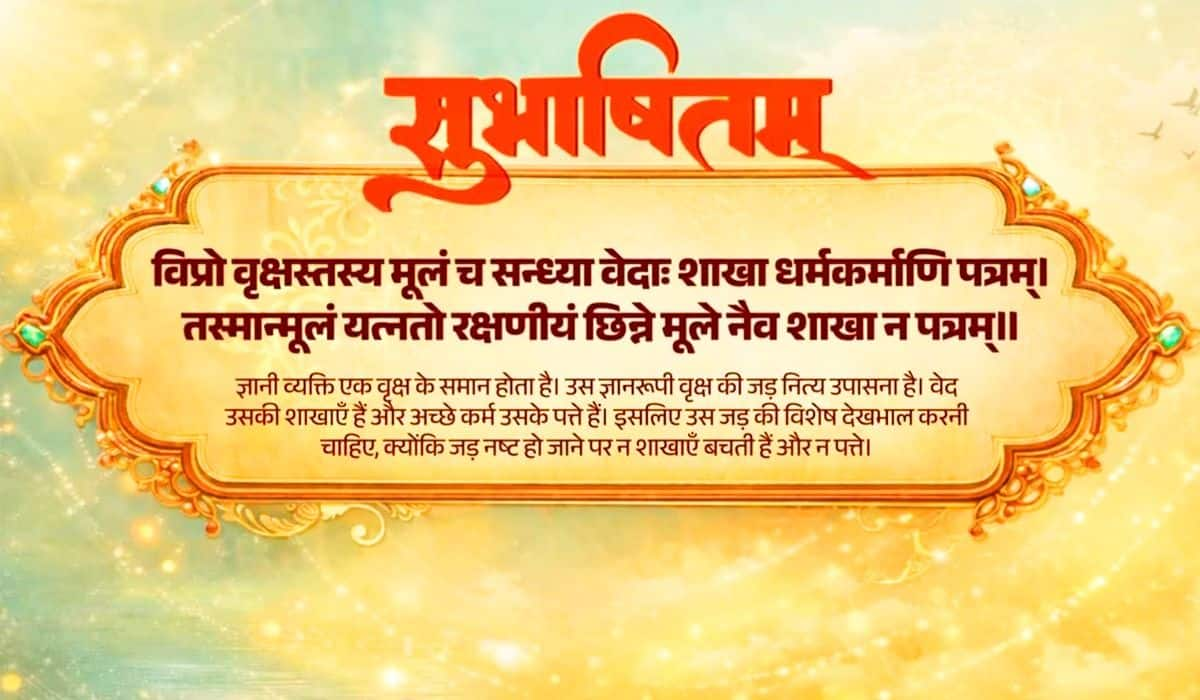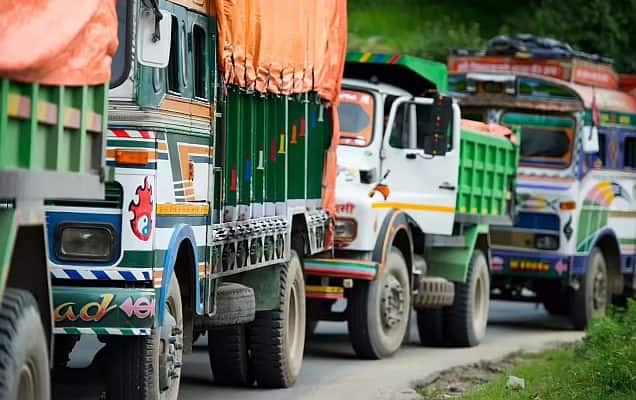The Prime Minister, Shri Narendra Modi will inaugurate the Subhash Chandra Bose museum at Red Fort, New Delhi on 23 January 2019.
He will unveil the plaque to inaugurate the Museum on Netaji Subhash Chandra Bose and Indian National Army. PM will also visit the museum.
The Prime Minister will visit the Yaad-e-Jallian Museum, (museum on Jallianwala Bagh and World War I).
He will also visit the Museum on 1857- India’s first war of Independence and Drishyakala- Museum on Indian Art at Red Fort, New Delhi.
The Museum on Netaji Subhash Chandra Bose and Indian National Army provides a detailed account of Subhash Chandra Bose and the history of Indian National Army. It also showcases various artefacts related to Subhash Chandra Bose and INA. The artefacts include wooden chair and sword used by Netaji, medals, badges, uniforms and other artefacts related to INA.
The tradition of inaugurating landmark structures for which foundation stone is laid by the PM Modi holds good here as well. PM laid the Foundation stone of the museum on October 21, 2018. It marked the celebrations of the 75th anniversary of Azad Hind Government, formed by Netaji Subhash Chandra Bose. Holding aloft the values of freedom, Prime Minister hoisted the National Flag at Red Fort, to commemorate the occasion.
An award in the name of Netaji Subhash Chandra Bose, was announced by the PM Narendra Modi to honour those involved in disaster response operations.The occasion was the dedication of National Police Memorial to the nation, on 21 October 2018.
The values and ideals of Netaji Subhash Chandra Bose and INA were once again brought to the fore by PM in Andaman & Nicobar Islands, on 30 December 2018. He released a commemorative postal stamp, coin, and First Day Cover, to mark the 75th anniversary of the hoisting of Tricolour on Indian soil by Netaji Subhash Chandra Bose. He recalled how on Netaji's call, many youths from the Andaman had dedicated themselves to the freedom of India. The flag on the 150 feet high mast, is an attempt to preserve the memory of the day in 1943, when Netaji unfurled the tricolour. As a mark of respect to Netaji, Ross Island had been named as Netaji Subhas Chandra Bose Dweep.
Earlier in October 2015, family members of Netaji Subhash Chandra Bose had met PM and requested for declassification of the files relating to Netaji, available with the Government of India. Digital copies of 100 Netaji Files were released by the PM in January 2018 in public domain at National Archives of India.
The Yaad-e-Jallian Museum provides an authentic account of Jallianwala Bagh massacre that happened on April 13, 1919. The museum will also showcase the heroism, valour and sacrifices made by Indian soldiers during World War-1.
The Museum on 1857- India’s first war of Independence portrays the historical narrative of 1857 war of independence, showcasing the valour and sacrifices made by Indians during the period.
The Drishyakala- Exhibition on Indian Art showcases Indian art works from 16th century till India’s independence.
Ahead of the Republic Day, PM visit to these museums is a tribute to the memory of brave freedom fighters who laid down their lives for the nation.













